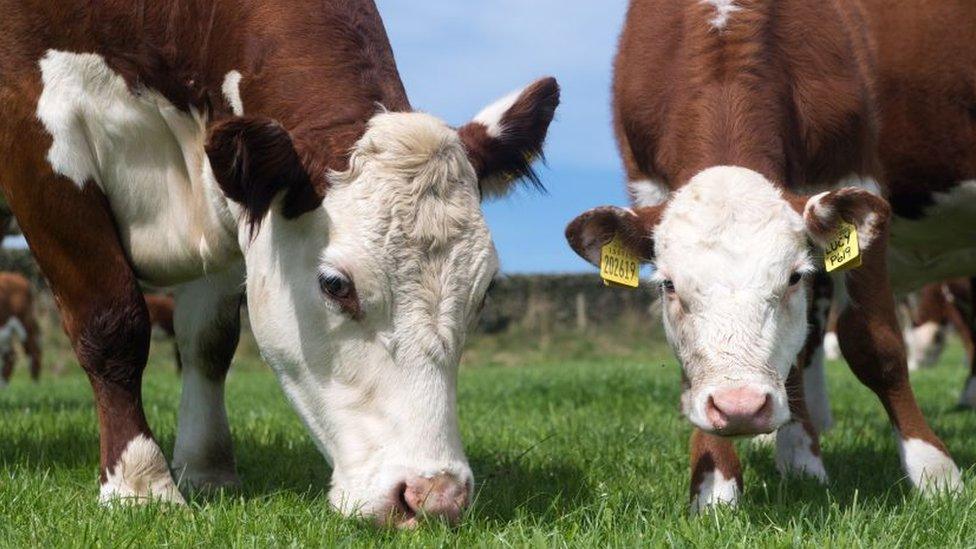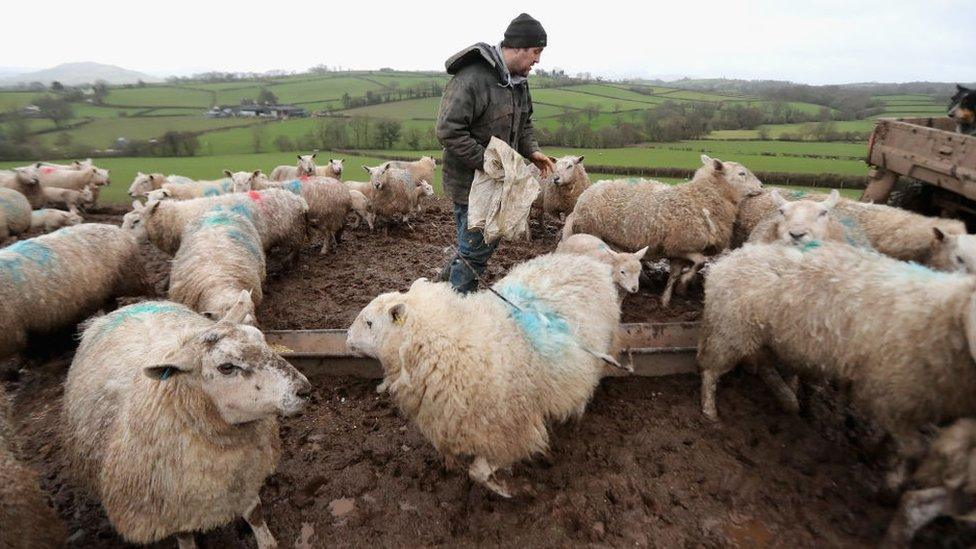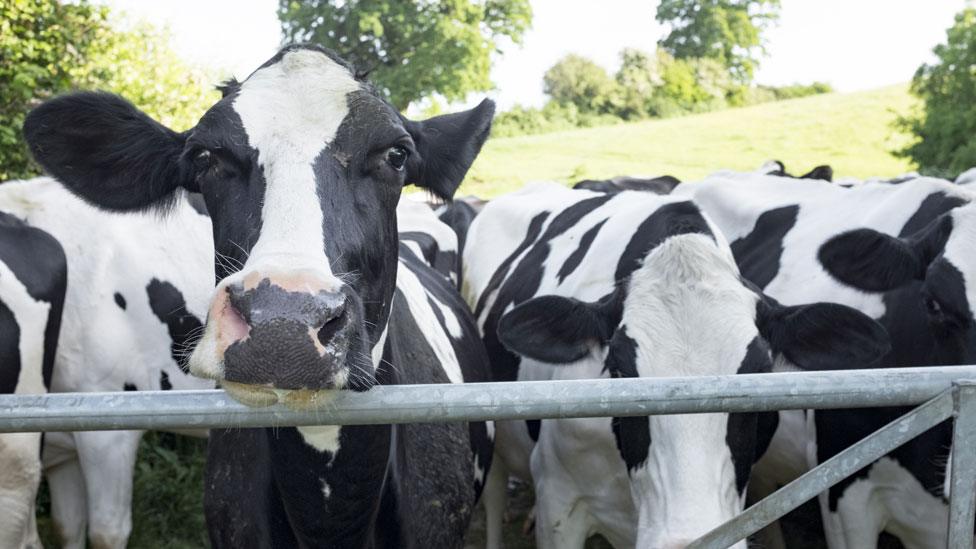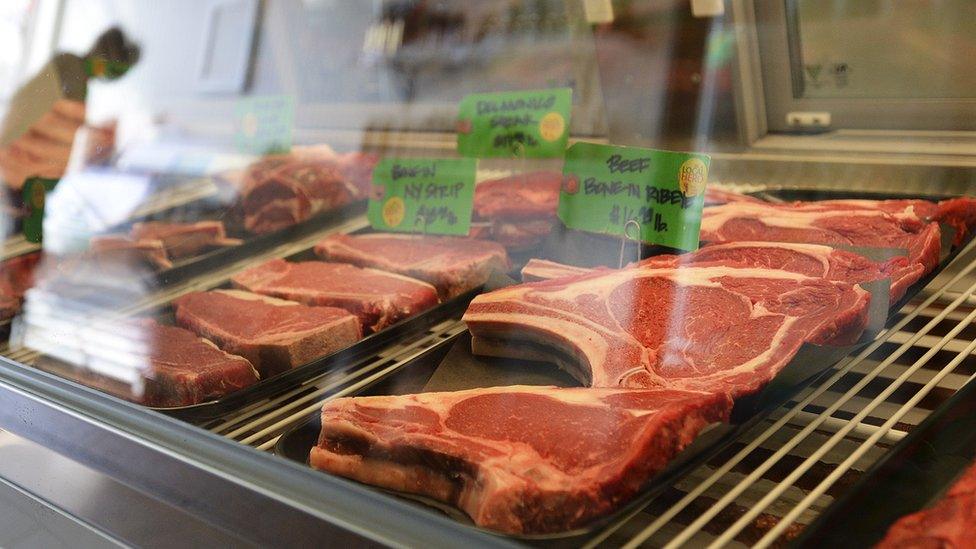China bans British beef again over mad cow disease
- Published

China has banned British beef imports of cattle under 30 months of age after a case of bovine spongiform encephalopathy (BSE), or mad cow disease, in the UK last month.
The ban took effect from 29 September, according to a statement from the General Administration of Customs.
China has yet to restart buying beef from the UK after agreeing in 2018 to lift previous restrictions.
Beijing imposed a ban in the 1990s during earlier outbreaks of BSE.
In September, the UK's Animal and Plant Health Agency (APHA) said a case of BSE had been confirmed on a farm in Somerset.
In 2018, China ended a two-decades-long ban on imports of beef from the UK, which was first introduced after the outbreak of BSE in the 1990s.
At the time, the UK government said the lifting of the ban would be worth £250m to British producers over the next five years.
It came after years of site inspections and negotiations between officials in London and Beijing.
In response to the latest move, the UK's Department for Environment, Food and Rural Affairs said it was working to reassure Chinese authorities that the case of BSE had been successfully managed and to ensure that import conditions can be met.
The UK's chief veterinary officer, Christine Middlemiss, said: "We have some of the highest levels of biosecurity in the world, which are supported by robust control systems. Our products are safe and should continue to be traded."
In September this year, the US announced it was lifting its decades-old ban on imports of British lamb.
The US had stopped British lamb imports since 1989, following the first outbreaks of BSE.
The previous year British beef exports to the US resumed for the first time in more than 20 years.
British beef was banned by Washington after the BSE outbreak in 1996.
- Published22 September 2021

- Published17 September 2021

- Published18 October 2018

- Published27 June 2018
